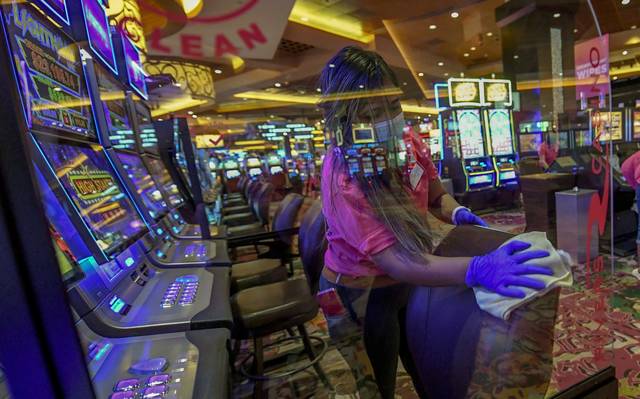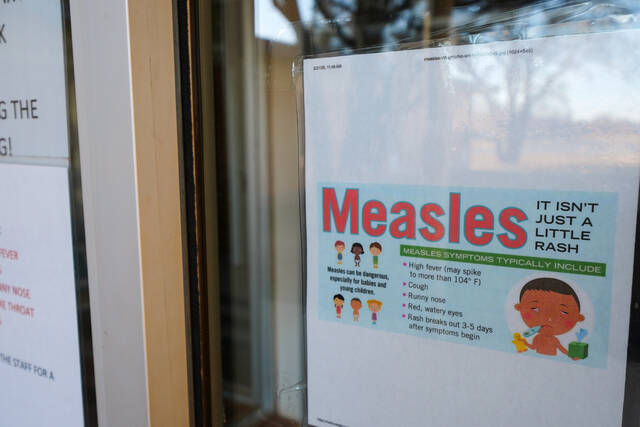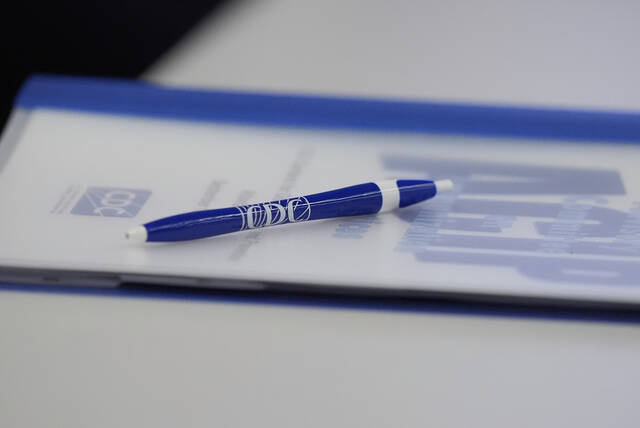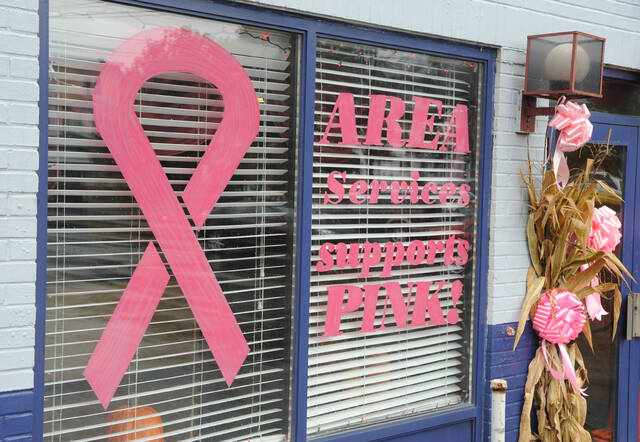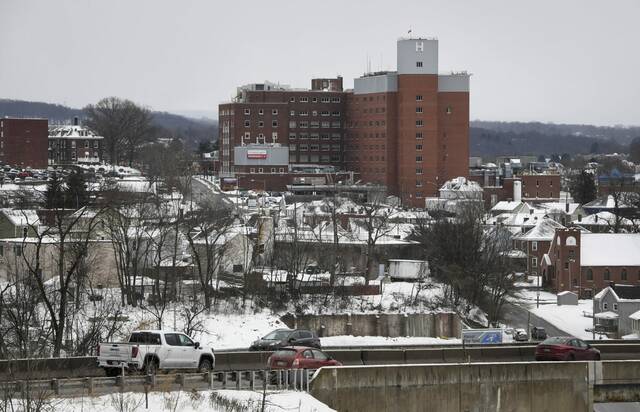A mask mandate, a no-smoking policy and a suspension of indoor dining were among the measures Rivers Casino on Pittsburgh’s North Shore took to mitigate the spread of the coronavirus when it reopened in early July.
That same week, the World Health Organization acknowledged airborne transmission of the virus, particularly in indoor spaces — adding another factor that businesses like Rivers, along with other indoor spaces like schools, gyms and offices, would need to consider as reopening plans were set.
In its press release announcing the opening, the casino said it operates an indoor air quality purification system “that has proven to neutralize coronavirus by more than 99.9%.” The release did not specify which strains of coronavirus the system has been tested against.
There are several common human coronaviruses that cause mild to moderate respiratory tract illnesses like the common cold, according to the Centers for Disease Control and Prevention.
Experts say such devices alone won’t prevent the spread of infectious diseases like the novel coronavirus that causes covid-19.
The casino’s air quality system is produced by AtmosAir Solutions. Rivers installed the system in 2014.
Marketing materials posted to the AtmosAir Solutions website also make the claim that test results announced in June 2020 show that the device is “proven to neutralize coronavirus by more than 99.9%.”
AtmosAir is integrated into a building’s air conditioning system. It adds ions with positive and negative charges to the air, which interact with and neutralize contaminants in the air and on surfaces, said Tony Abate, vice president and chief technical officer at AtmosAir.
Like similar products on the market, the AtmosAir system has not been tested with the novel coronavirus — SARS-CoV-2 — the coronavirus that causes covid-19.
Abate acknowledged that lab tests commissioned by the company used a different human coronavirus to measure how well their product cleaned the air. But he asserted the testing still shows that the equipment is effective.
“Those viruses are all similar in structure, and the sanitizing effect would hold true no matter what strain of the coronavirus that you would use,” Abate said.
The human coronavirus used in those lab tests, 229E, is a common human coronavirus known to cause mild to moderate upper-respiratory tract illnesses like the common cold, according to the CDC.
It’s not uncommon to use a surrogate strain of a virus in lab testing, said Jeffrey Siegel, a professor of civil engineering at the University of Toronto specializing in indoor air quality.
William Bahnfleth, a professor of architectural engineering at Penn State, also noted that closely related strains of the same virus could respond similarly to disinfectants.
But the more important issue, Bahnfleth said, is that lab testing may be done under conditions that don’t reflect real-world conditions.
Bud Green, assistant general manager at Rivers, said he had faith in the AtmosAir system when asked whether he had concerns that that it was not tested against the novel coronavirus.
“Personally I can’t speak to the science behind coronavirus versus this current coronavirus,” Green said. “Like I said earlier, I can attest that I feel that the AtmosAir product does improve air quality. Out of the things that I’ve seen, I think it’s a very effective product.”
Rivers’ 2014 purchase of the multimillion-dollar AtmosAir system was to mitigate the smell of cigarette smoke inside the casino. Recently added additional standalone units from another company, airPHX, clean the air in enclosed spaces and back-of-house areas, Green said.
Information posted to the airPHX website says that the device can “eradicate” pathogens like the human coronavirus 229E.
He stressed that those air purification systems are only one step that Rivers is taking during the pandemic. Protocols for sanitizing surfaces, wearing masks and ventilating the casino with outside air are all part of the new normal.
“We’re trying to attack it from every which way, whether it be the touch points or in the air,” Green said.
Such measures will play an important role in preventing the spread of the novel coronavirus, Siegel of the University of Toronto said, because air purification systems alone only go so far in reducing airborne contaminants.
“Any device like this is going to do very, very little to reduce the risk of covid transmission because of one very fundamental issue,” Siegel said. “In order for it to work, it has to stop a droplet or a particle that contains the infectious virus from between where someone breathes it out before someone breathes it in.”
Real-world conditions like air flow in a building, relative humidity or someone breathing or sneezing could impact how well a device works outside of a lab setting, Siegel said.
An air cleaning system won’t interrupt that chain if people are close together and those particles are exchanged before the air goes through the filter, he said.
“When I talk to people about filtration, I always say, ‘It’s not magic, it’s not a silver bullet,’ ” Siegel said. “It’s something you do after you do all the primary things.”
In the case of preventing the spread of an infectious disease, that includes wearing masks and keeping clean the surfaces where particles are likely to collect, he said.
The CDC also recommends increasing the circulation of outdoor air as much as possible by opening windows and doors and using fans. That step, however, isn’t feasible in every building — and it may cause other problems for people with respiratory diseases who are sensitive to allergens and contaminants from outdoors, said Carla Conrad, executive director of Cranberry-based Breathe Pennsylvania, a nonprofit focused on promoting lung health.
“Everything carries risk at this point,” said Conrad, a respiratory therapist by trade. “We just want to make sure that we take steps to mitigate what has the most risk to an individual. There’s no perfect answer here.”
When visiting an indoor space, be mindful of its level of cleanliness.
She also suggested checking to see if the facility has policies in place to mitigate the spread of the coronavirus and whether they’re being enforced.
“It’s one thing to pay the risk lip service, and just have the policies and procedures in place,” Conrad said. “It’s another to actually be following these policies and procedures.”
Officials from the office of Pennsylvania Attorney General Josh Shapiro did not comment specifically on the air purification systems used at Rivers Casino, but in a statement said that “businesses should not say a product has a quality or benefit it does not have.”
“Any statement about the effectiveness of a product should be backed up with actual, provable data and documentation,” the statement said.


